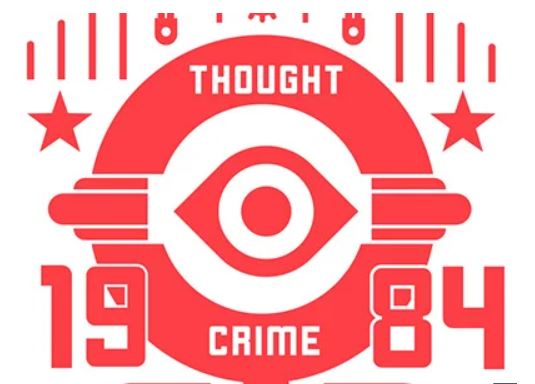The word “war” in Russia is notoriously banned, if you pronounce it, you might risk hefty fines, and even criminal prosecution at times. Recently I heard a song, which was by a Russian band singing about protesting war and promoting peace, but the words “war” and “peace” were censored, like it’s usually done with swear words. George Orwell’s famous quote “war is peace, freedom is slavery, ignorance is strength” from his antiutopia is very suitable to this situation. If we search thoroughly, the nonsense might have solely Russian sources as well. The first thing that came into my mind was Saltykov-Shchedrin’s satirical short story (which the author called a “tale”) named “The deceitful newspaperman and the gullible reader”.
After deceiving people for ages, the newspaperman decides to write about the “truth”. According to that “truth”, there are no diseases, famine, the crop is so great not only do the Russians eat it, but they also sell it to Germany, and if a fire breaks out, the only outcome is the town being rebuilt and embellished. In short, if you do not write about anything bad, then we can say that nothing bad occurs. As another literary character said: “There is no Rio de Janeiro, and there’s no America, either, there’s no Europe, there’s nothing. And anyhow, the last city in the world is Shepetovka, lashed by the waves of the Atlantic ocean”.
The demand to not utter the words “war” or, say, ”Europe” is based on the illusion that if you do not pronounce the name of the phenomena, it disappears, or you can consider it disappeared, so to speak. There are no such limitations in Armenia, luckily. However, it doesn’t mean we completely lack any. Maybe it’s just that the more powerful limitations we face are from the so-called public opinion. In this sense we also have something Orwell calls “thoughtcrime” in the same novel.
There is no “taboo” on expressing your opinion on a certain political force, we are more or less free there. But if we dare to say that, for instance, Christianity, which was accepted 1720 years ago, does not have a serious impact on the contemporary society, or that Armenians keep expecting (yes, expecting, not demanding) from their or other states that they will do something they actually won’t, and those judgements will have approximately the same effect as the word “war” in Russia.
Read also
Aram ABRAHAMYAN





















































